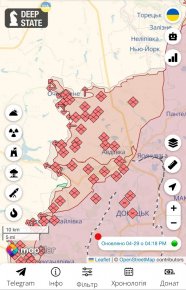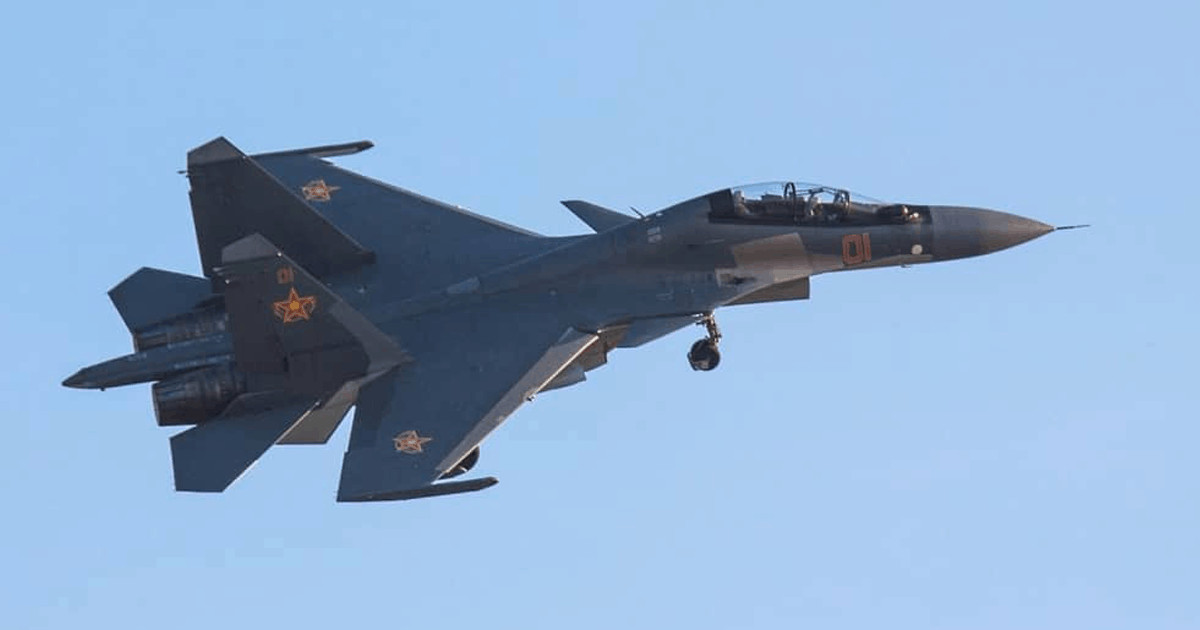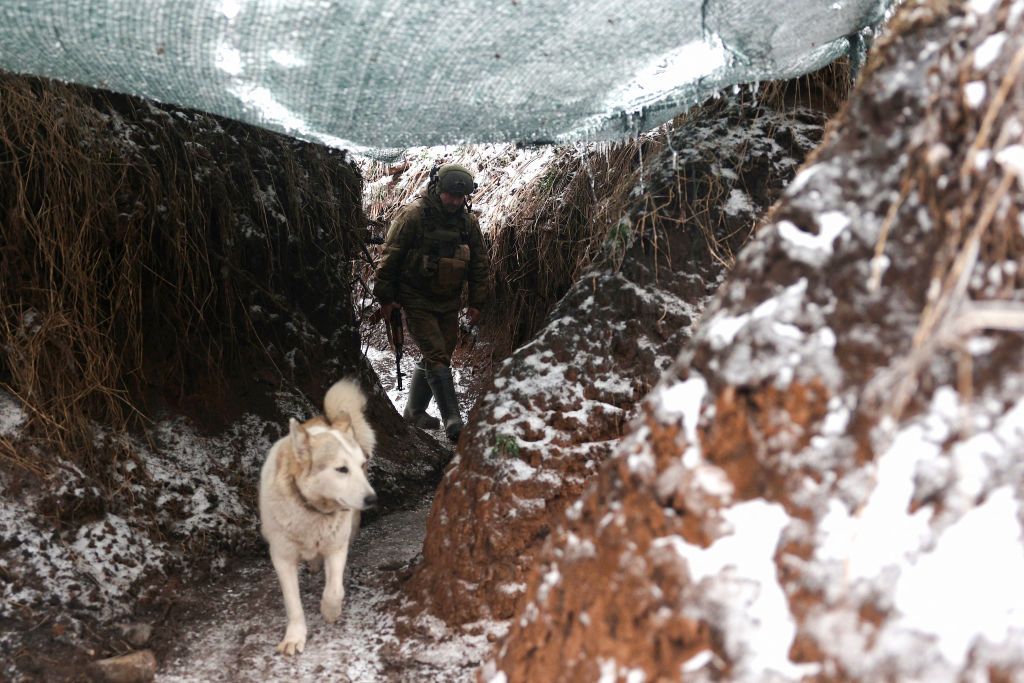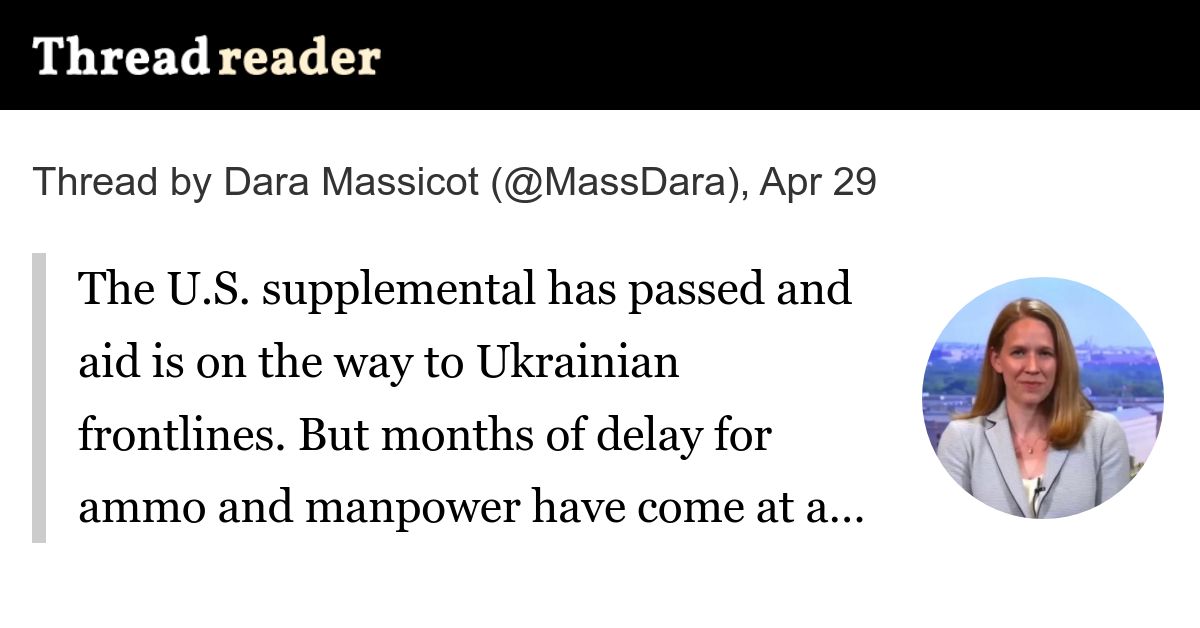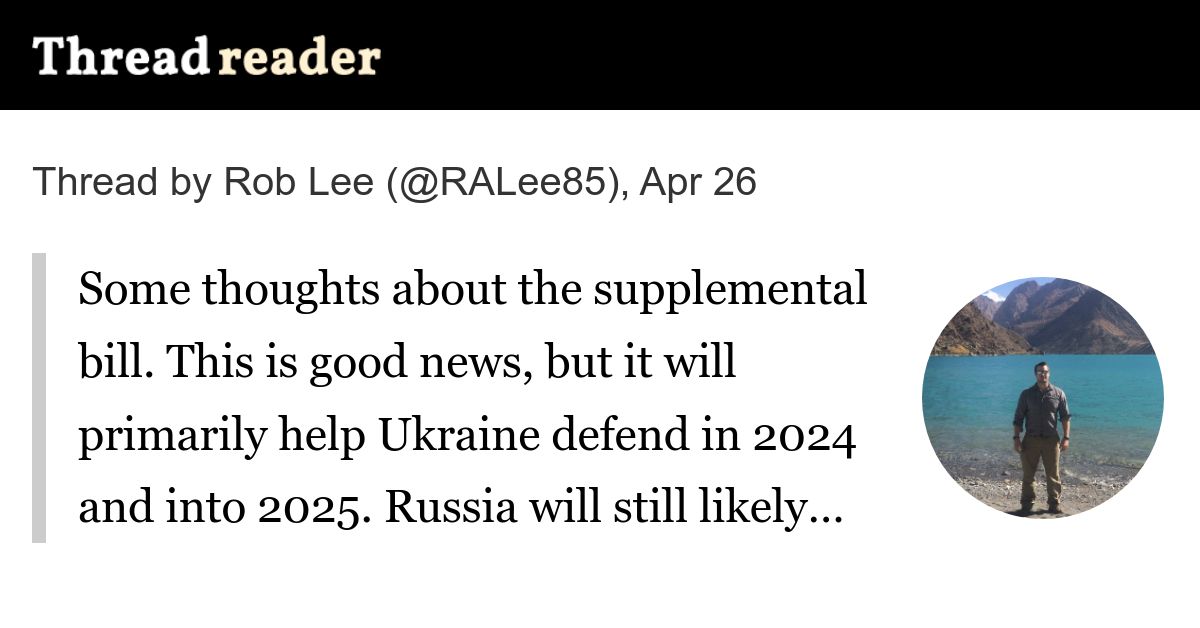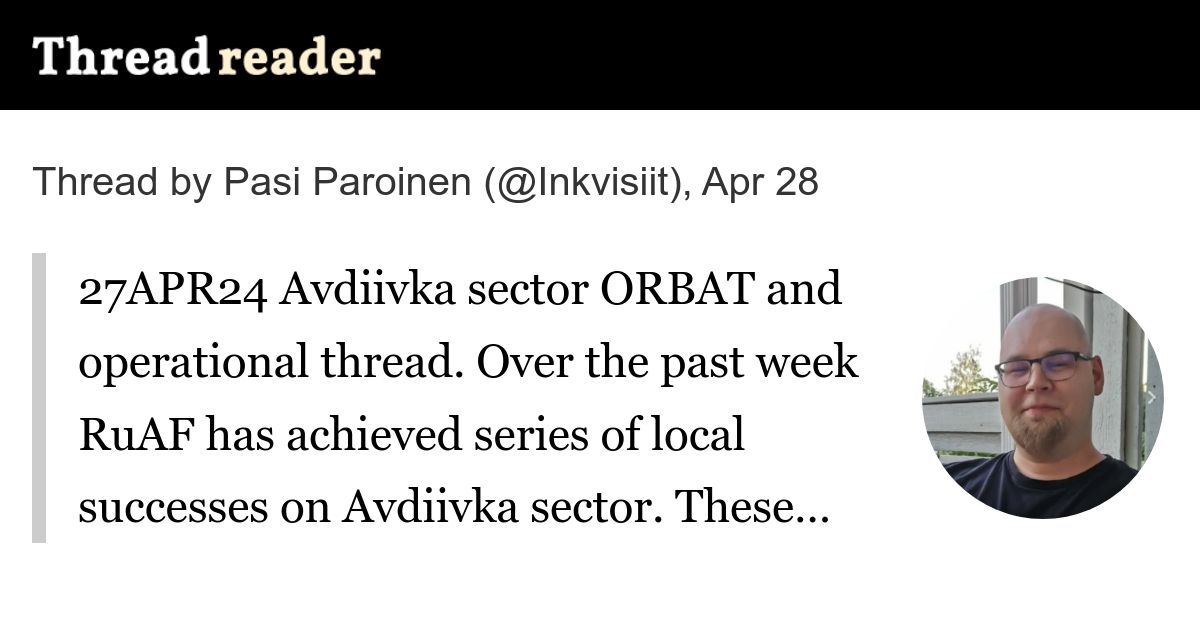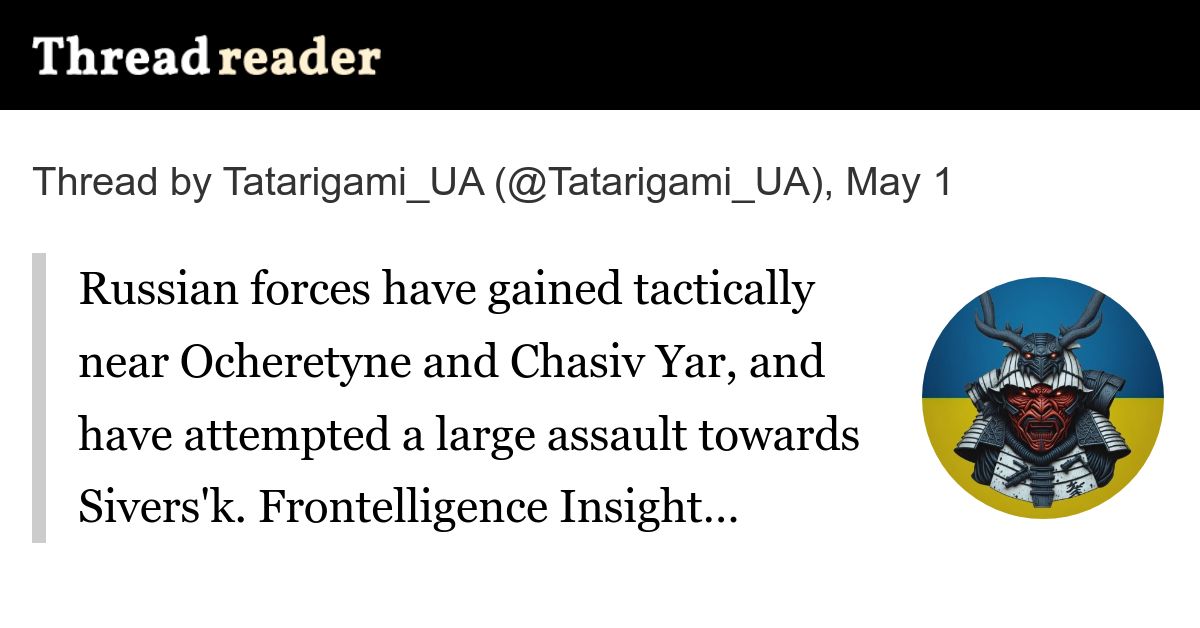Part 1 of 2 due to a lengthy post:
A few points. I don't know if the lack of defense lines is on Zaluzhny. We just don't have enough information on the internal workings of the Ukrainian military. Did they have the resources/manpower to build additional defenses?
I am guessing the answer on the funds would be a no, or at least unlikely. The answer to the availability of manpower seems to be pretty clear now. However, there is also an argument of how one manages the limited resources at hand and construction of defense lines should have been among the top priorities since mid-end of June of last year, basically when it was realized that the breach of the Russian defense lines and a breakthrough was no longer a given (I would call it highly unlikely myself). Instead, at least publicly, there was no discussion of building Ukrainian defense lines until probably mid fall or so, give or take a month. Counteroffensive, on the other hand, was discussed ad nauseam, beginning shortly after the culmination of the previous one (Kharkiv/Kherson) to the point of great details of where they were going to attack and when. I would think as Commander-in-Chief, it was Zaluzhny’s role to stress the importance of the defense strategy in the circumstances Ukraine found itself in last summer… Yes, you are right. I actually caught myself here while writing the above: the president didn’t even like the idea of realization that their offensive was over long after it was and may have “fired” Zaluzhny because of it. Certainly, we are not privileged to that information, as you mentioned.
For Avdeevka, the defenses in the front part of Avdeevka were very formidable, and Russia had many failed attempts to attack into Avdeevka prior to the November push. I can see why someone would not believe Russia would take it. And Russia took considerable losses in that initial push to the rail berm.
That is still an indication of poor planning.
Not that long ago, I read an
interview of Niall Fergusson with the German Welt, where he said (via Google translate from German, of course):
It seems as if many here have forgotten a historical lesson: Russia often has a bad first half in wars. And then wins in the second.
I would suggest here that we, random people having a discussion on an internet forum, along with a bunch of analysts with various qualifications in various fields doing their thing analyzing, are not privileged to a whole lot of information that is certainly available to the Ukrainian command and higher up advisors and decision makers. I would argue that at least some of that information (likely a good amount and most) is also available to their “western” counterparts who make the decisions on the aid and best support given the limitations at hand (availability of such aid, production constraints, information and intelligence constraints, forecasts based on imperfect information, to some degree public support, among many others). Everyone that followed, as we all or most of us did here, saw that pretty much after the initial Russian “grand entrance and the subsequent epic fail”, the reports of underestimating have been the norm: we underestimated Russian determination, capacity to learn and adapt on the battlefield, capacity to produce, capacity to adapt to sanctions, Russian population’s support of the leadership, and a whole bunch of other underestimations.
But simply sticking with the Ukrainian familiarity with the internal situation, which they have the most intimate knowledge of, it is easy to conclude that lack of strategic planning is a real thing. They surely know the size of their army; they know that the volunteer lines at the recruitment centers had dried up very long time ago and that mobilization is rather difficult; they know exactly how many men they recruit and mobilize each day; they have a fairly good idea about the casualties they sustain daily; and so on. In other words, they have a pretty good idea on the resources they have at hand. They are also well aware of the uncertainty in regard to the availability of resources supplied by the partners beyond short term. It just seems completely unreasonable to ignore the proper defenses by the Ukrainian decision makers. After all, with the limited information available to us, mostly in the open sources, some of us here could foresee the potential issues - namely the events that are unfolding now - with a fair degree of accuracy.
Consider what the Russians are doing instead: they are still building their defenses, be it at the front line, their borders, or in Crimea (of all places). My apologies, but I can only cite these examples via Twitter links:
Of course, the availability, if not abundance in comparison, of resources (any resources, be it men, engineering expertise, finances, etc) is an obvious difference. This wasn’t the case, however, when the Russians began construction of their lines, as I discuss below. So again, it is also about the choices of how the resources are used.
Secondly, Ukes have been building defence lines for at least one year now. At first in the north. Now everywhere.
They started building their defense lines last December, if not later, and they have not been very efficient at it either. This is a good article:
“If you want to live, dig.” The words, often spoken by Ukrainian troops, are universal advice for trench warfare in general, but especially for both sides in Russia’s war against Ukraine. Normally expressed as advice to the individual soldier, the maxim now applies to the country as a whole...

kyivindependent.com
I’d note here the following:
But in contrast to Russia, which had spent months constructing its defensive lines while its own forces held the initiative over winter and spring, Kyiv did not take the same measures while Ukrainian forces were attacking over summer.
The reason I want to note that part is because the Russians started building their defenses when they were still stretched on the manpower, possibly more so than Ukraine is currently. The difference in the approach and beyond short-term planning is quite obvious. We can clearly see the results of the Russian approach coming to fruition right now. One had fixed the roof while it was sunny, the other is running with buckets to catch water after it started raining.
Here is another article from the Wall Street Journal on the subject of the Ukrainian defense lines:
It is behind a paywall, so I will cite a couple of paragraphs.
Ukrainian President Volodymyr Zelensky ordered the construction of an extensive network of fortifications aimed at holding back Russian forces, signaling a switch to the defensive posture after a monthslong Ukrainian counteroffensive yielded only small gains.[…]
He called on private companies and donors to get involved in a campaign to finance and build the fortifications, which he described as an “obvious priority,” and thanked all Ukrainians engaged in sourcing and manufacturing the required materials.
It became an “obvious priority” only in November-December 2023, about 4 months ago, which again clearly shows lack of planning abilities or, at least, capacity to implement. To rely on the belief that Russians would never take Avdiivka is not a plan, of course.
Zelensky said the areas most in need of fortifying were in the eastern Donbas region, where few rivers and other natural obstacles exist to prevent a possible Russian push. Moscow’s forces have in recent weeks intensified a campaign to seize the Donbas town of Avdiivka, where Ukraine has staged a costly defense effort and says Russia has lost thousands of troops.
The “areas most in need of fortifying” that “were in the eastern Donbas region” are currently overrun by the Russian forces at the fastest pace since 2022.
Lastly, I don't think what Ukrainians are experiencing today is akin to what happened to Russia is summer or fall of '22. For summer, Russia was still on the offensive. Lisichansk fell in early July. In the fall of '22 Russian forces were stretched extremely thin, and using artillery to hit Ukrainian forces attempting to probe their lines. Consequently they were able to pressure Kherson region, forcing Russia to focus reserves and resources there, and then attack in Khar'kov region, driving right through undermanned Russian lines, collapsing them. There is nowhere where Russia has managed to drive through Ukrainian lines in this manner. There is also nowhere where Russia has successfully replicated Ukrainian efforts against Russian logistical choke points for Kherson region. Russia had no real shortage of munitions in '22, but had a huge shortage of manpower. Ukraine has a shortage of manpower, but not nearly as bad as what Russia had. On the flip side Ukraine has limitations on availability of munitions.
What's happening is that Ukraine is stretched thin but not that thin, and Russia is starting to break Ukrainian lines. Emphasis on starting. This may very well not be a pattern, with increased mobilization efforts and new aid packages they may very well re-stabilize the lines.
Of course, I didn’t mean to imply that the Russian forces will be in Kramatorsk and beyond next month. I am just pointing out the similarities of the situation, not the magnitude.
























































